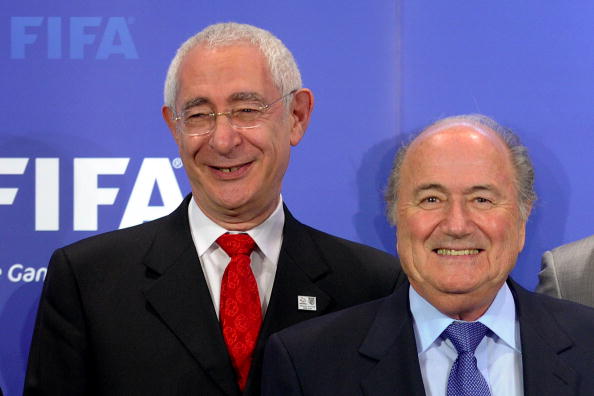By Mihir Bose
June 30 – FIFA will come in for unprecedented criticism from a House of Commons Select Committee over its handling of the corruption allegations surrounding World Cup bids next week.
This is believed to be at the centre of a special report on the England 2018 World Cup bid which will be made public next Tuesday (July 5), after being finalised by MPs on the Culture, Media and Sport committee last Tuesday (June 21).
It is understood that what provoked the Parliamentary wrath is the way Sepp Blatter, President of FIFA, brushed aside the explosive evidence given to MPs by Lord Triesman, former chairman of the Football Association, about favours asked by FIFA executive members in return for supporting England’s bid.
Lord Triesman was responsible for the Select Committee examining the World Cup bid but this was not part of its original terms of reference, which was to examine the governance of the national game.
The MPs began to look at football following England’s failure to win 2018 – knocked out in the first round with only two votes.
That larger report, which may yet recommend a regulator to govern English football, may not now emerge until just before the Parliamentary recess.
It was Lord Triesman, during his initial evidence, who made MPs focus on the World Cup.
In his evidence on governance he said he would be prepared to come back and talk specifically about the bid.
When he did he named four FIFA executive members who had asked for favours.
Triesman alleged that Jack Warner, FIFA vice-President, asked for money, estimated at £2.5 million, to build a school and offices in Trinidad, as well as a further £500,000 to help earthquake ravaged Haiti acquire World Cup television rights – it later emerged Warner owned the rights.
Nicholas Leoz of Paraguay wanted a knighthood and Brazil’s Ricardo Teixeira asked Triesman what he had for him, while Thailand’s Worawi Makudi was alleged to have wanted to personally have the television rights for the proposed England-Thailand match.
The MPs wrote to FIFA.
The FA, in turn, asked James Dingemans QC to report on the Triesman allegations, however, Dingemans made it clear it was not his job to inquire into Triesman’s allegations and that it was FIFA’s responsibility.
But he included the evidence he had gathered from several members involved with the England bid in relation to Triesman’s allegations.
He also concluded FIFA’s World Cup bidding rules needed to be more transparent and FIFA needed “an updated and detailed Code of Ethics which deals with both lawful and unlawful approaches to and from members of the FIFA executive committee”.
However, Blatter claimed Dingemans had cleared the four saying, “We were happy that there are no elements in this report which would prompt any proceedings.”
FIFA’s failure to inquire further is believed to have considerably angered members of the committee.
FIFA did set up an inquiry when evidence emerged that Mohamed Bin Hammam, the head of Asian football, who was contesting the FIFA Presidential elections, had visited Trinidad to meet 25 Caribbean FIFA members.
This meeting, organised by Warner, saw envelopes filled with as much as $40,000 (£24,000) offered in exchange for votes.
Warner and Bin Hammam were suspended and Bin Hammam withdrew from the presidential race, leaving Blatter unopposed.
This led to the FA calling for the elections to be postponed but it did not win the support of the FIFA Congress, which re-elected Blatter.
The committee is believed to have come to the view that, while the FA should have acted earlier, its stance against Blatter getting re-elected unopposed needs to be applauded.
FIFA may brush aside this report as well but it knows the wheels of corruption are slowly grinding.
Warner has been forced to resign and FIFA’s own ethics committee may ban Bin Hammam, despite his protestations of innocence.
Contact the writer of this story at zib.l1744899245labto1744899245ofdlr1744899245owedi1744899245sni@e1744899245sob.r1744899245ihim1744899245

